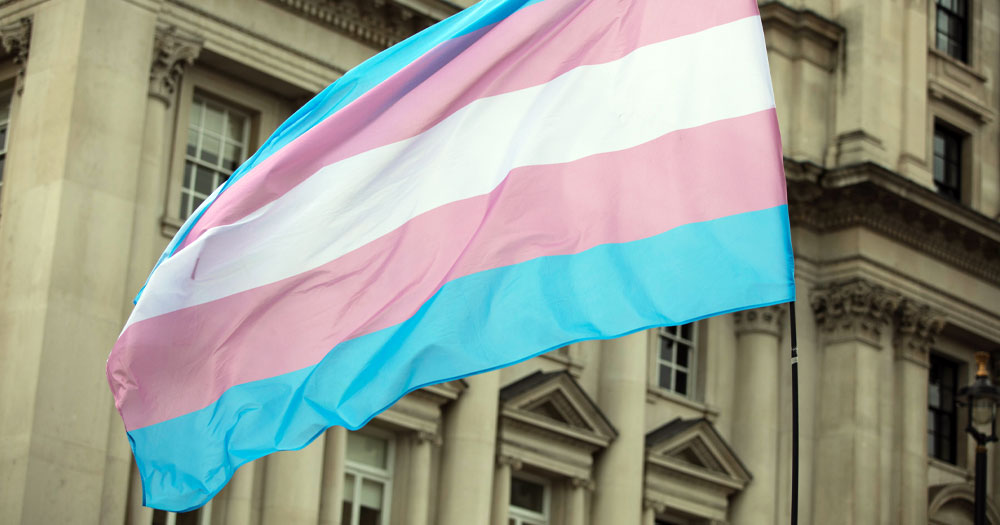Finland has just passed a new gender recognition law based on self-declaration, which will make it easier for trans people to have their preferred gender recognised in official documents.
Today, February 1, the parliament in Finland introduced new gender recognition legislation with a vote of 113 to 69. Under the new law, trans people in Finland will be able to have their gender recognised through a self-declaration process, without having to undergo a lengthy and often harmful medical process, as required by the previous legislation.
Gender recognition will now be available for adults who apply after a mandatory 30-day ‘period of reflection’. While Prime Minister Sanna Marin had previously stated that introducing the new system for legal gender recognition was a priority for her government, the bill faced several stumbling blocks before becoming law.
The LGBTQ+ community and activists welcomed the introduction of the new legislation in Finland. Matti Pihlajamaa, Amnesty International Finland’s LGBTI Rights Advisor, commented on the news saying: “By passing this act, Finland has taken a major step towards protecting trans people’s rights and improving their lives and right to self-determination”.
After 10 years of campaigning, a new law in Finland at last approves self-determination in legal gender recognition. People who want to legally change their gender will no longer have to undergo invasive requirements first, like proof of infertility or psychiatric diagnosis. pic.twitter.com/0dkmNmsBzd
— Amnesty International (@amnesty) February 1, 2023
“The vote comes as a result of more than a decade of campaigning by civil society groups and is a testament to the commitment of activists who have fought long and hard – often in the face of toxic rhetoric – to see this day,” Pihlajamaa added.
However, the activist also noted that, while this is a significant advancement in the protection of trans rights in the country, the new system will only apply to adults. “Excluding children from legal gender recognition violates the UN Convention on the Rights of the Child. We will continue to call on the government to amend the legislation accordingly to ensure it advances the rights of children,” Pihlajamaa said.
Ireland has a similar situation, as the gender recognition system introduced in 2015 only allows people over 18 years of age to change their legal gender. TENI has been advocating for a review of the legislation that would permit access to legal gender recognition to children of all ages.
https://t.co/doNZsVqxtS#TransRightsAreHumanRight ?️⚧️#TransRightsNow pic.twitter.com/4zkIdSJesc
— TENI (@TENI_Tweets) January 31, 2023
© 2023 GCN (Gay Community News). All rights reserved.
Support GCN
GCN is a free, vital resource for Ireland’s LGBTQ+ community since 1988.
GCN is a trading name of National LGBT Federation CLG, a registered charity - Charity Number: 20034580.
GCN relies on the generous support of the community and allies to sustain the crucial work that we do. Producing GCN is costly, and, in an industry which has been hugely impacted by rising costs, we need your support to help sustain and grow this vital resource.
Supporting GCN for as little as €1.99 per month will help us continue our work as Ireland’s free, independent LGBTQ+ media.

comments. Please sign in to comment.